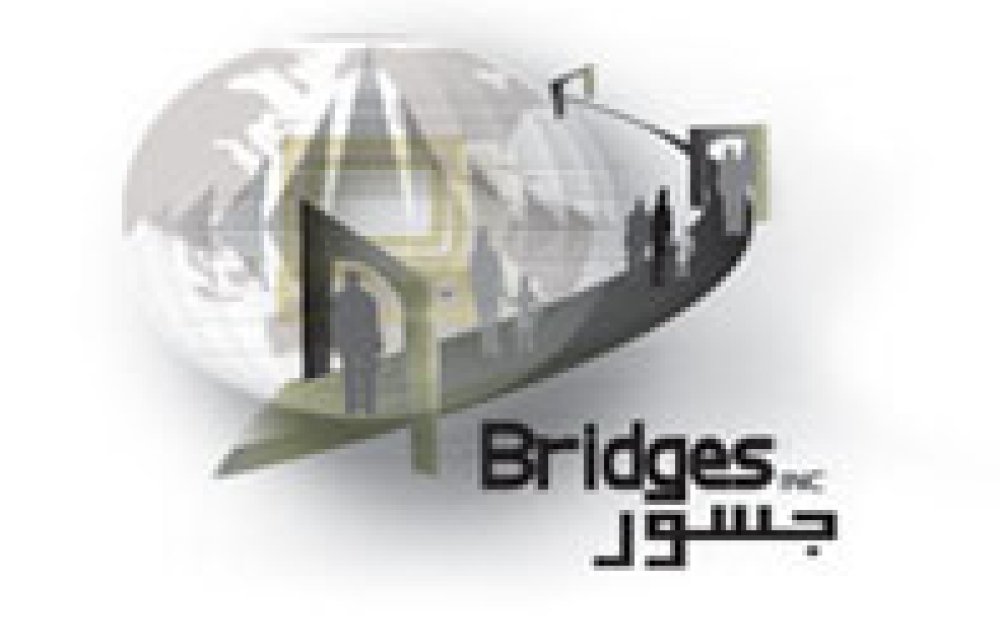Religion, Globalization and Democracy

The video of this event is now available online. To watch, follow the link in the See Also box to the right of this screen.
This event was cosponsored with Bridges-Josour (www.bridges-josour.com).
Prince Hassan, who served as Jordan's Crown Prince for more than three decades, said that he believes in the concept of globalization but prefers the notion of global consciousness. Arguing that a universal model for globalization is devoid of aesthetic value, he observed that religious cities are becoming clones of industrialized nations at the expense of originality and tradition. Instead, societies must balance the preservation of their own aesthetic with the aim of training young people to accept centrist values that guard against dogmatism. Brand names should be removed in the interest of uncovering and harboring commonality.
Contemplating the role of religion in globalization, Prince Hassan noted that the Middle East constitutes the most populist, poorest, and dangerous part of the world. He identified the gravest threat to stability in the region as the lack of empowerment of its people. Citing a basic tenet of Islam that states "common good is the objective of governance," Prince Hassan commented that many Muslims believe in democracy and appreciate the United States' role in encouraging political and social change.
Yet, Prince Hassan emphasized that implementing democracy must be an interactive process—a series of intersecting conversations, rather than a monologue. In order to foster stability in the Middle East, the United States must analyze historical lessons presented by September 11th and the war in Iraq, which have both served to catalyze the global jihad. Solidifying its long-term partners in the region and utilizing soft power appeals will enable the United States to foster democracy in culturally appropriate idioms.
Prince Hassan noted that, for instance, the notion of secularism does not translate well in Islamic contexts. Instead, the concept of secularism is often interpreted to imply atheism or agnosticism. For example, he cited the complex application of laïcité in France, wherein Muslim immigrants are banned from wearing the hijab to school in an effort to elevate French nationality over religious affiliation.
At the same time, Prince Hassan warned that adjusting democracy to cultural idioms should not lower the standards of reform. Rather than pursue a division of religion and politics based on the separation of church and state model, Prince Hassan recommended that reformists should consider how democracy might infiltrate both public and private spheres of Muslim societies.
Prince Hassan commented that the world cannot be asked to completely abandon religion, and he suggested that the need to preserve fundamental beliefs is universal among liberals, secularists, and religious followers alike. Yet, statistics on human development and security indicate that change is necessary. Religion need not be an obstacle to this change; in fact, its capacities might even present mechanisms for change.
Prince Hassan observed that many of the Middle East's wounds are self-inflicted—a result of the predominance of autocratic regimes and the lack of an active civil society. Additionally, the region has been plagued by a monopoly over the truth. Prince Hassan noted that instead, Middle Easterners should recognize that difference and diversity is actually unifying. Acknowledgement of past mistakes can become the foundation for change.
Islam has been hijacked by terrorists, Prince Hassan said, and winning back the middle ground is dependent upon dialogue among Muslims. Prince Hassan identified various types of Muslim extremism, based on territoriality, identity, and migration. In particular, Muslim immigrants can undergo identity crises and by overcompensating with what makes them different, they ultimately might fuel the global jihad.
Emphasizing that Arabs comprise only twenty-two percent of the umma, or community of Muslims, Prince Hassan referenced the Quranic verse that "we have made you into nations, so that you might know each other" as indication that Arabs should continuously evaluate their place among the global community of Muslims and non-Muslims. Citing American Muslims and pluralism in India as successes, Prince Hassan promoted an Islamic revival of the legitimacy of consultation in Mecca, Najaf, and Jerusalem. This reassessment of tradition is critical for existence in the twenty-first century, he observed.
Prince Hassan projected that the perceived chasm between East and West will eventually pass, but he also cited the particular challenge presented by scholars and media who adhere to the notion of clash of civilizations. Fear of the other can backfire into fear of one's home, which often translates into fear of fear itself. Simplistic renditions of Islam are insufficient and detrimental, and young people are especially vulnerable to these misinterpretations.
Prince Hassan recommended that the United States strengthen and reinforce its public communication strategy by creating sustainable alliances, promoting education about shared accomplishments, and elevating reason above militarization. Reaching out to the Middle East should be the norm, not the exception, as a shared understanding of human consciousness requires an interactive approach. Prince Hassan projected that the current difficulties are surmountable if the will to change is shared, and he noted that the birth pangs of a new humanitarian order are being perceived in the Muslim world and in the world at large.
Hosted By

Middle East Program
The Wilson Center’s Middle East Program serves as a crucial resource for the policymaking community and beyond, providing analyses and research that helps inform US foreign policymaking, stimulates public debate, and expands knowledge about issues in the wider Middle East and North Africa (MENA) region. Read more
